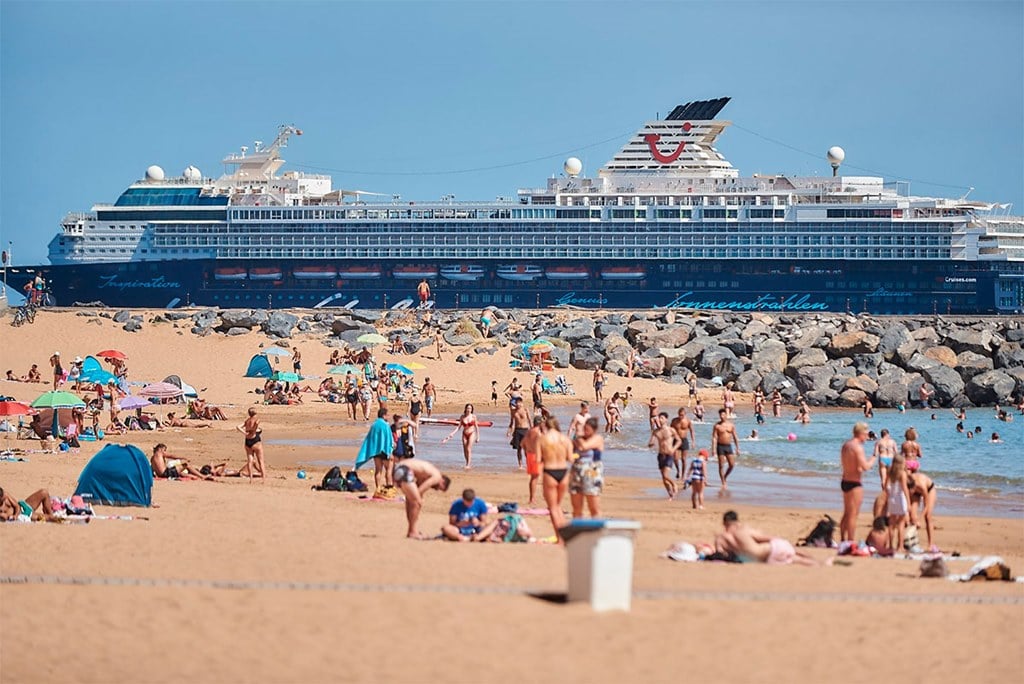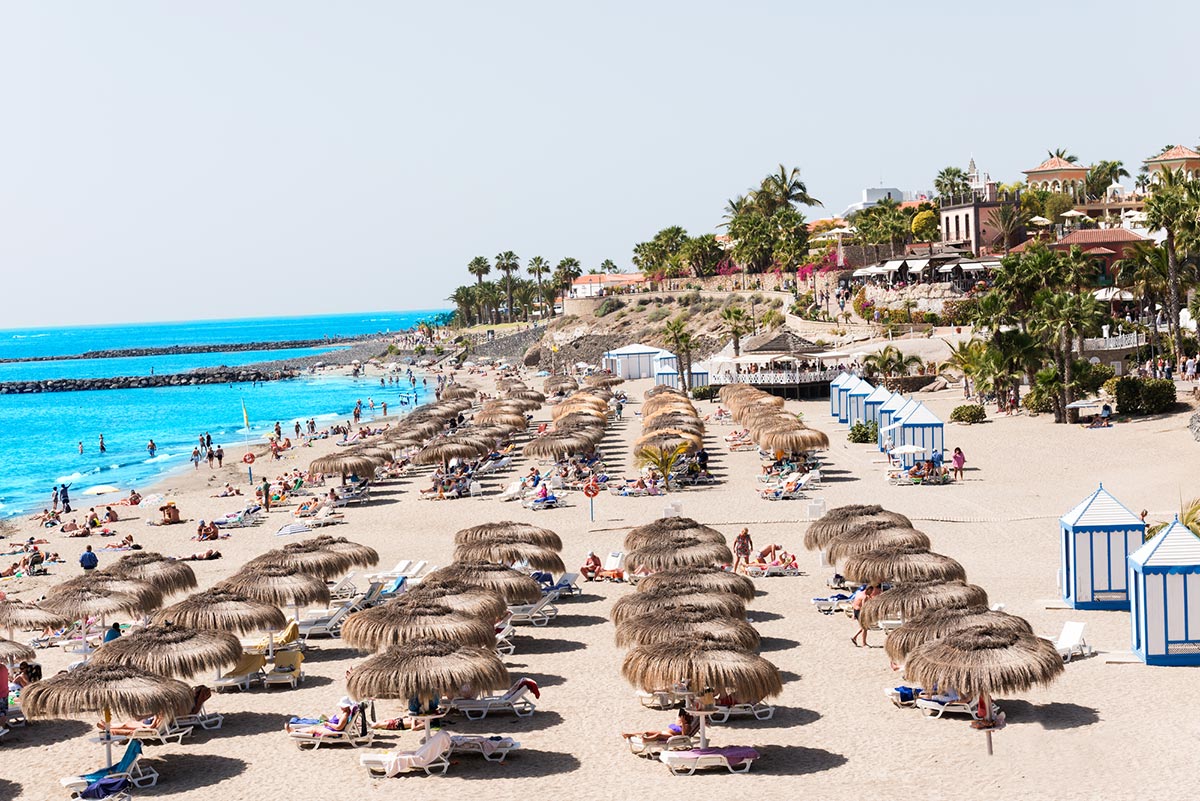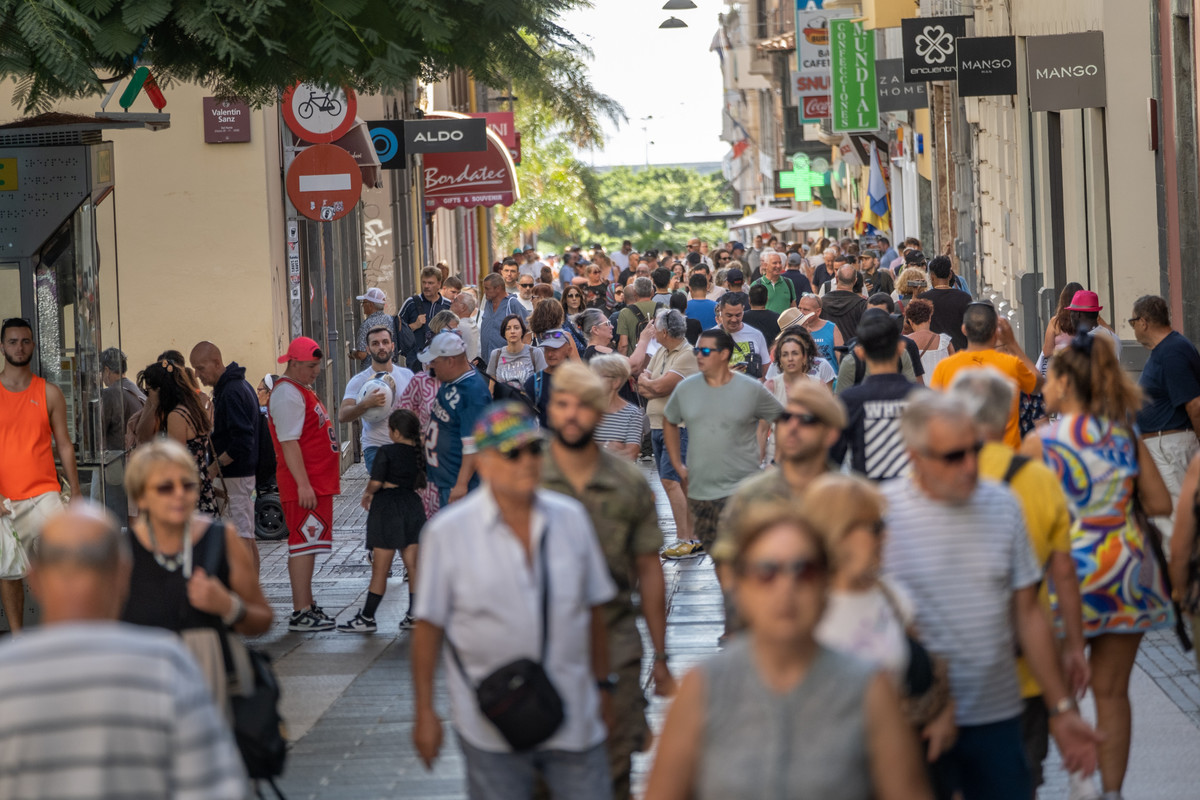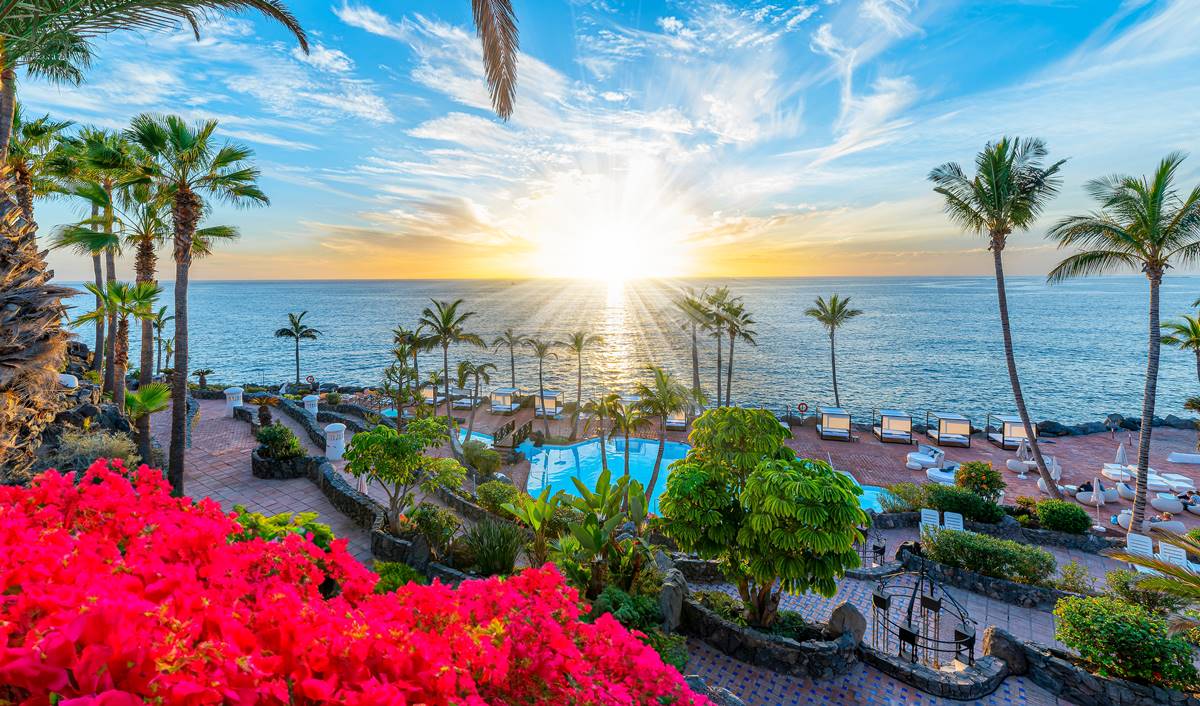PSOE Senator of the Canary Islands, José Antonio Valbuena, has responded to concerns from local business owners who fear that the proposed eco-tax could deter tourists from choosing the islands as a destination. During a discussion, Valbuena questioned the impact of a nominal fee ranging from one to three euros per night on a tourist’s decision to visit, considering the overall expenditure involved in their stay.
“Does it really make sense that a tourist who typically spends around 1,500 euros would choose not to come just because we add, for instance, a 27€ fee upon hotel check-in?” posed Valbuena, who served as the Minister of Ecological Transition in the Canary Islands’ government during the last term.

Valbuena shared these thoughts in a post on his social media account X, where he also promoted the upcoming demonstrations organized by social and environmental groups with the theme ‘Canary Islands have a limit.’
The introduction of the eco-tax was previously rejected by the PSOE last term, citing that it was not the appropriate time to introduce such a tax while the tourism sector was recovering from the impacts of the pandemic.

However, now, with tourism figures reaching or even surpassing record levels, a new proposal to implement the eco-tax has been registered in the Canary Parliament. Valbuena outlined the potential financial benefits: with twelve million tourists visiting annually and an average stay of nine nights, the Canary Islands could generate approximately 108 million euros if the eco-tax is set at one euro per night, or up to 324 million euros if set at three euros per night. This revenue could significantly support environmental sustainability initiatives within the islands.






